Director: Lee Zoo-young
Cast: Lee Byung-hun, Gong Hyo-jin, Ahn So-hee, Jack Campbell, Yang Yoo-jin, Annika Whiteley, Kei Ekland, Baek Soo-jang, Choi Joon-young
Running Time: 97 min.
By Paul Bramhall
If there was ever an example of an under the radar movie, then you’d be hard pressed to come across a better one than A Single Rider. Headlined by Korea’s most well-known actor, Lee Byung-hun, the low key production was his fifth movie in 2016. From headlining the Korean blockbuster Master, to roles in the Hollywood flicks Misconduct and The Magnificent Seven, to a cameo in Kim Ji-woon’s The Age of Shadows. Perhaps understandably, A Single Rider was largely overlooked (despite it being Warners Brothers 2nd foray into Korean cinema, the first being Age of Shadows) . The same goes for his co-star Gong Hyo-jin, who received considerable praise as a mysterious Chinese babysitter in Missing, also released in the same year. As a result, the debut of writer and director Lee Zoo-young seemed to come and go as quietly as the movie itself.
For the curious, the question of how a debut director managed to secure such established names for their first feature is one that comes with rewarding answers. It’s been over a decade since Byung-hun headed a straight up drama, with the last time being Once in a Summer in 2006. His star has grown considerably in the subsequent years, from his collaborations with Kim Ji-woon (The Good, The Bad, The Weird, I Saw the Devil), to his forays into Hollywood (RED 2, Terminator: Genisys), to his recent roles in Korean period pieces (Masquerade, Memories of the Sword). Similarly, Gong Hyo-jin is one of those actresses who’s been in more movies than memory initially suggests. From early appearances in the likes of Guns and Talks and Volcano High, to roles in Lee Myung-se’s M and Ryoo Seung-wan’s Dachimawa Lee.
In A Single Rider Byung-hun plays a successful fund manager whose wife and son are living in Sydney, Australia. They’ve been there for the past 2 years, and are due to return to Korea soon, having originally left on Byung-hun’s insistence that their son should learn English there. However when the company he works for declares bankruptcy, combined with news from his wife that they want to delay their return home, he suddenly finds his world crashing down around him. After spending a night alone with a bottle of whisky in front of his computer, he makes the brash decision to book a flight to Australia. With nothing left to lose, he heads down under with nothing more than the clothes on his back, his passport, and his wife’s address scrawled on his hand.
Sure enough, Byung-hun locates the address in question, set in the leafy suburbia of Bondi Beach, however before he can knock on the door, he overhears the sounds of his wife’s voice and a male companion. Choosing to sneak around the back of the house, he observes his wife, played by Hyo-jin, giggling and acting affectionately with an Australian man, played by popular Australian TV actor Jack Campbell. Rather than confront them, he backs away in silent shock, and it’s this decision which really defines the movie that A Single Rider becomes. Developing into what can almost be described as an otherworldly hybrid of Alexander Payne’s The Descendants and Kim Ki-duk’s 3-Iron, Byung-hun spends all of his time in Sydney watching Hyo-jin and Campbell from a distance, as he attempts to establish if she’s really having an affair.
As a result, despite characters often making inconsequential chatter in the background, there are significant stretches of A Single Rider with no dialogue, instead relying on Byung-hun’s ability to convey a range of emotions with just his expressions, and a hauntingly minimalistic piano score. Bereft of the expected cathartic confrontation between husband and wife, instead Byung-hun’s fears and regrets slowly come to the surface through his interactions with a variety of other characters. He befriends a young female backpacker also from Korea, is viewed suspiciously by an elderly neighbour of his wife, and even interacts with members of Campbell’s family. Indeed the closest relationships he establishes are with the Korean backpacker, played by Ahn So-hee (the high school student in Train to Busan) and Hyo-jin’s dog, which decides to follow him around.
Byung-hun reluctantly ends up agreeing to help So-hee after she’s duped out of almost $20,000 by a trio of shady Korean youths, who offer to exchange her currency to Korean Won for a more favourable exchange rate than the banks. After initially observing her from a restaurant window driving off with the trio, when she suddenly reappears visibly dazed and unable to walk straight, he assists her to get back to the hostel she’s staying in, and eventually the pair attempt to track down those responsible for stealing her money. Notably this part of the story is inspired by the real life case of another Korean backpacker, who was murdered in Brisbane in 2013 following a similar scenario. Despite their differences, Byung-hun and So-hee form a bond through their shared feelings of being lost in a foreign land, and their dire circumstances.
For a first time director, Zoo-young shows a remarkable grasp of pacing and tone. Sydney is filmed lavishly, capturing the beauty of iconic landmarks like the Harbour Bridge and Opera House, however at the same time she imbues it with a sense of isolation and loneliness. The more Byung-hun comes to realise how integrated Hyo-jin and their son are to the overseas life he’s responsible for sending them too, the more he seems incapable of bringing himself to interact with her. In brief flashback scenes to their life together in Korea, we see Hyo-jin lose interest in her passions such as music, weighed down by the expectations of being a wife to a high flying fund manager. However in Sydney she’s been free to rediscover everything that she’d given up on. This is really what A Single Rider is about – the power of regret, and how we only have a limited time to do something about it.
The question of whether that distance can be bridged is one that keeps A Single Rider so engaging, even during its quietest moments, and the singular focus on viewing everything from Byung-hun’s perspective allows the narrative to flow in unexpected directions. Indeed we never really know if his decision to help So-hee is out of genuine intent, or if it’s more of a diversion to make himself feel better for the years he put his career ahead of everything else, including his own family. That same focus also allows for some of A Single Rider’s weaker moments to be forgiven. While the main characters are all well written and developed, those that lack any significant amount of screentime don’t fare so well.
The trio of Koreans that dupe So-hee out of her money seem only to be interested in what visa they can get to stay in Australia, and a scene in which the police take Hyo-jin’s concern that her dog has gone missing as a valid reason for investigation is mildly laughable. However these are minor grievances, and Byun-hun’s performance anchors A Single Rider so whole heartedly that it’s difficult to imagine its existence without him. While Zoo-young has used the flavour of the month depicting the corruption of those in power, this setup is quickly established to simply be a framework, one which unfolds into a tale that’s much more personal and smaller scale than recent blockbusters covering the same.
With an unusually lean runtime for a Korean movie of 95 mins, perhaps expectedly Byung-hun’s visit to find his wife and son comes with a twist. There’s no doubt that some hardened viewers of this genre will likely see it coming, however even for those that don’t (myself included), it’s delivered in such a beautifully poignant and melancholic way that it delivers the expected emotional punch. More than 10 years ago A Bittersweet Life ended with Byung-hun staring at his reflection in a window, A Single Rider contains a similar scene, one which encapsulates the essence of that movies title in a profoundly moving way. For those looking for something a little different from Korean cinema, then A Single Rider comes strongly recommended.
Paul Bramhall’s Rating: 8.5/10

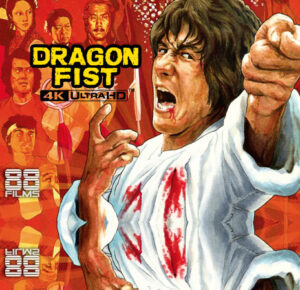

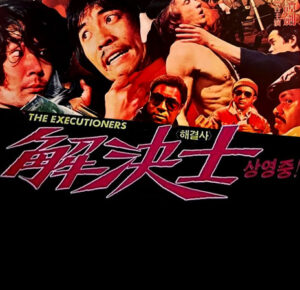
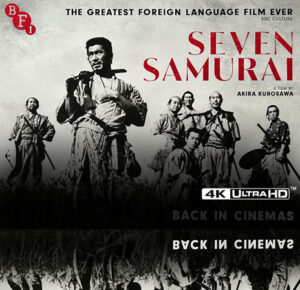
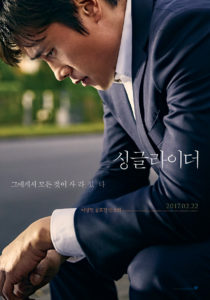
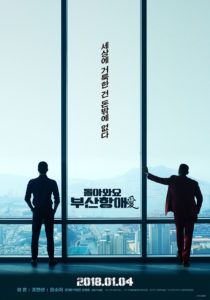
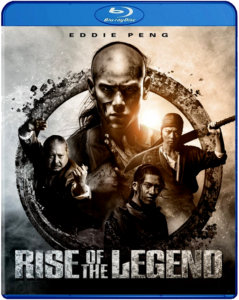
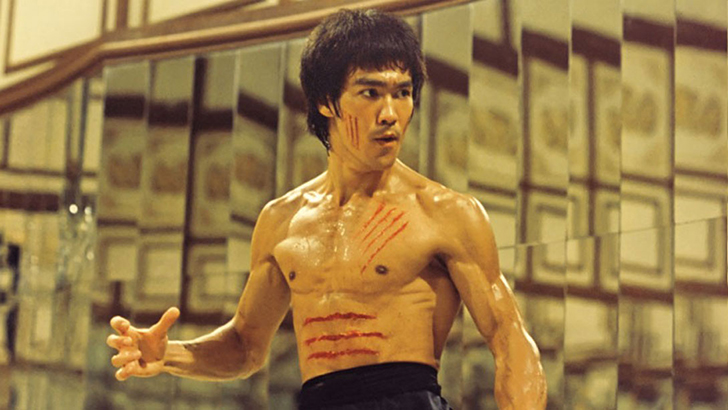
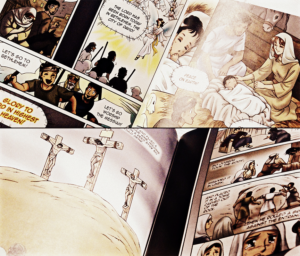

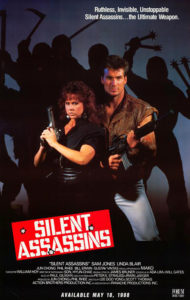

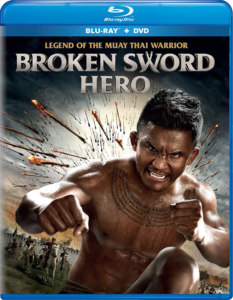


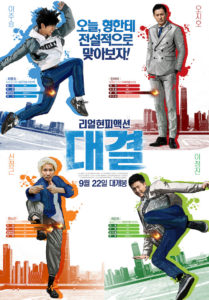

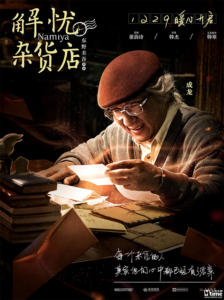
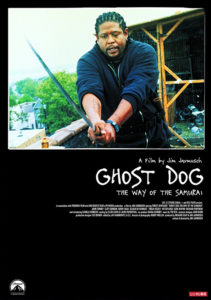
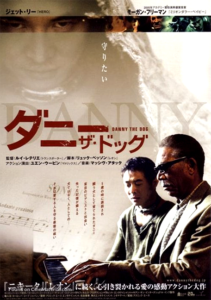
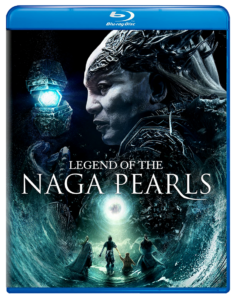



4 Comments